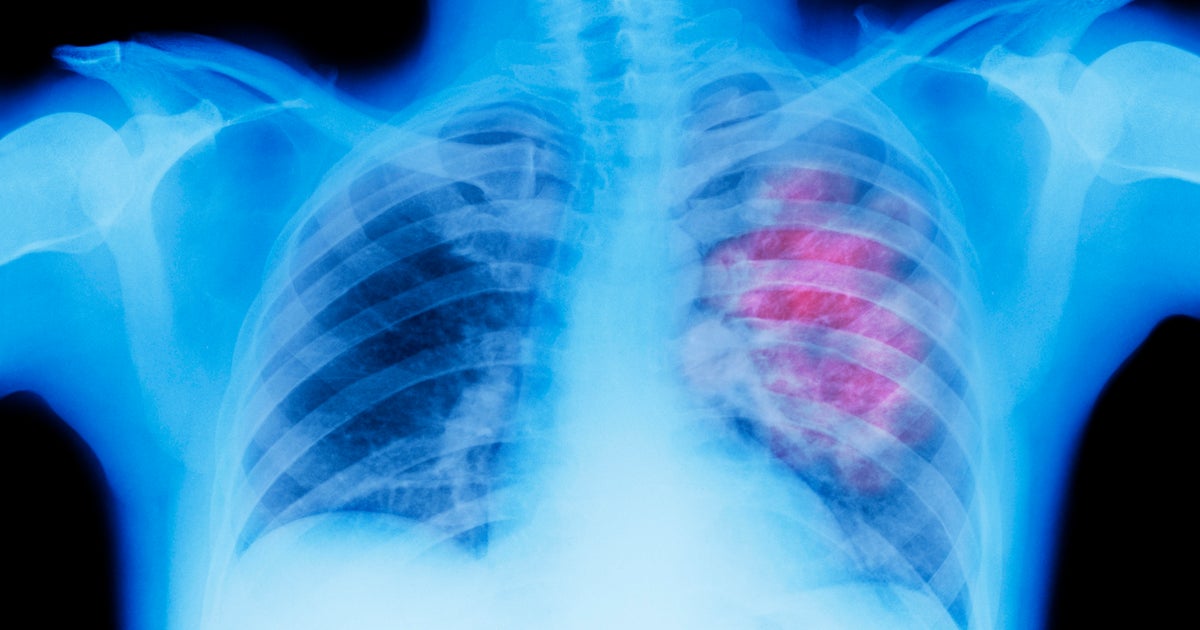Lung cancer is the leading cause of cancer-related deaths in the United States.
As we start Lung Cancer Awareness Month, a new report shows where we stand in fighting against the disease, including in Pennsylvania.
“It wasn’t too long ago that overall, five-year survival for all patients diagnosed with lung cancer was in the range of 15%. And now it’s 30%” said Benny Weksler, assistant director for thoracic surgery with the Allegheny Health Network.
He said it’s amazing to see the progress made in battling lung cancer. He also calls it humbling.
“It shows us how much more we need to go, right?” Dr. Weksler said.
This is revealed in the new State of Lung Cancer report released by the American Lung Association, with both national and state-by-state data.
On the positive side, the advocacy director for the agency, Elizabeth Hensil, said Pennsylvania is ninth in the country for survival.
“We have about 31.8% of the people that are diagnosed with lung cancer. Five years out, they are still alive and doing well,” Hensil said.
The state comes in sixth in the country for receiving the most treatment.
On the other hand, Pennsylvania is behind in reducing smoking rates, with 14.9% adults in the state currently smoking compared to 11.4% nationally. Dr. Weksler said the numbers are even higher in southwestern Pennsylvania, compared to the rest of the state, and it’s still the primary cause of the disease.
“We are currently working on legislation to amend our Clean Indoor Air Act to eliminate all of those exposures to people for secondhand smoke,” Hensil said.
The state also has a higher exposure to radon than the EPA-recommended level. Radon is the second-leading cause of lung cancer. Hensil said it has to do with the makeup of our land.
“We have a high occurrence of limestone here in Pennsylvania,” Hensil said.
While Pennsylvania is seeing more people getting diagnosed early, not enough of those at high risk are getting screened, and Dr. Weksler said that can make all the difference, reducing death by about 20%.
“Screening for lung cancer, many people don’t realize, has the same decrease in mortality than screening mammograms and screening colonoscopies,” Dr. Weksler said.

